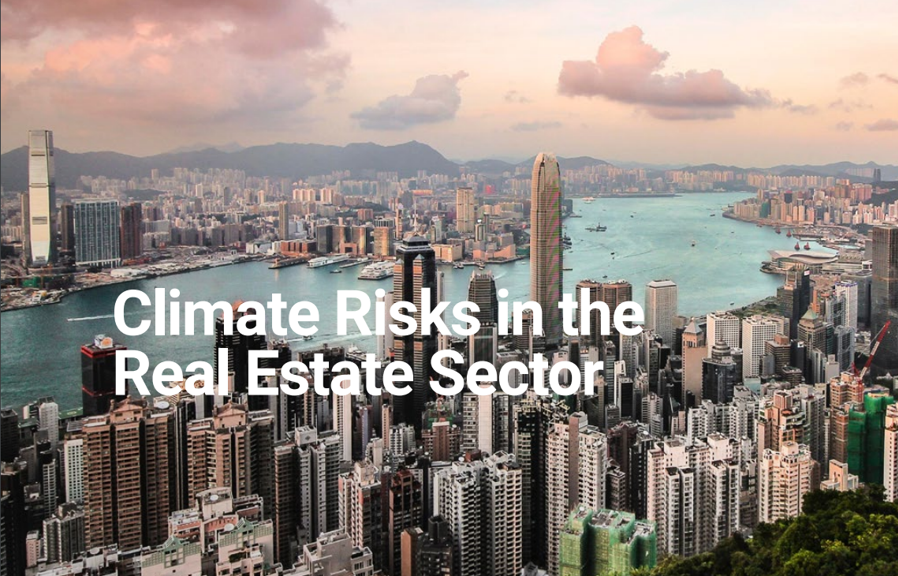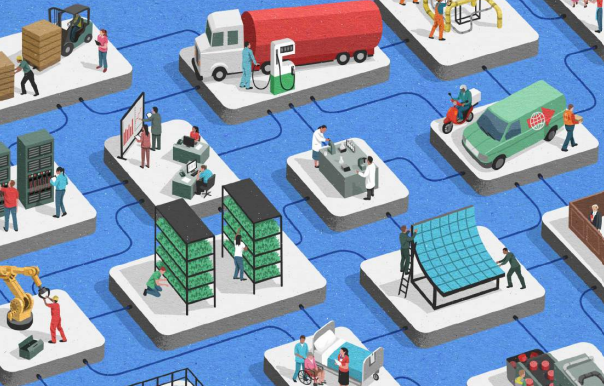Financial institutions are increasingly incorporating climate-related risks into their operations due to rising regulatory demands, such as TCFD and IFRS S2 frameworks. The rapid evolution of climate risk tools, now enhanced by AI and machine learning, enables more accurate assessments of both physical and transition risks, supporting institutions’ strategic decision-making.
Climate tools are now essential for compliance and stress testing. Institutions are adopting climate scenarios aligned with frameworks like the EU Taxonomy to prepare for future risks. AI-driven solutions are improving the precision and breadth of these assessments, allowing financial institutions to better manage climate-related risks and opportunities across sectors.
Collaboration between industries and climate tool vendors is growing, with acquisitions by companies like MSCI and ICE expanding the scope of these tools. Open-source innovation and partnerships with AI providers are accelerating the development of more advanced functionalities. These trends are helping financial institutions align their strategies with sustainability goals and improve risk assessments.
To address challenges such as limited access to data in emerging markets, UNEP FI initiatives, like the Climate Risk Tool Dashboard, provide financial institutions with accessible resources to enhance their climate risk management and support global sustainability objectives.
Check the full document here: https://bit.ly/40dwAEx

Museums are vital community infrastructure supporting education, health, and disaster response, proving their value especially during the COVID-19 pandemic.

Climate change intensifies challenges in real estate amid geopolitical tension, supply chain disruption, energy crisis, and inflation, requiring strategic resilience.

In the global labor market technology adoption remains a key driver of business transformation, while environmental, technology, and economic trends impact job creation. Upskilling, diversity, equity, and inclusion initiatives are crucial for bridging talent gaps and promoting inclusive growth.
Accessibility Tools